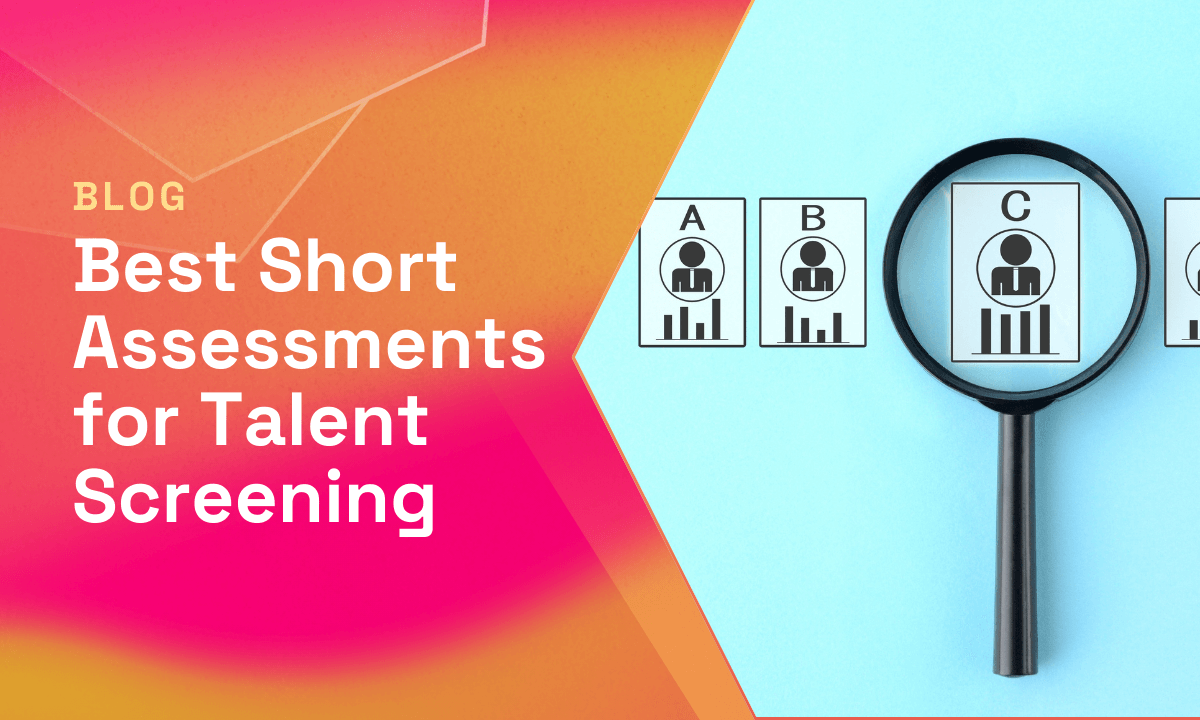Curiosity is a team power unlock
What’s the big idea?
Curiosity is the antidote to team conflict. Learning to shift into a generative mindset helps teams solve problems, build cohesion and promote psychological safety.
Dig Deeper
Conflicts are inevitable on a team – the only question is how well the team deals with them. Conflict emerges when:
- Someone thinks their ideas for how things should be done are the best.
- Someone else thinks that they are bad ideas.
What happens next is that people activate their ‘confirmation bias’ – looking for information that supports their arguments and no longer listening for alternatives or add-ons. Then it becomes personal and before you know it a personality feud that never stops.
Underpinning conflict in a group are a range of threatening emotions – fear, hurt, broken trust, anger. In turn, such emotions are contagious which reduces the team’s ability to remain calm & focussed. People weigh in on one side or another, or stay silent on the side-lines. Psychologically safety takes a dive.
Magically, curiosity helps transcend and replace such feelings.
Curiosity is an antidote because you can’t be both curious and angry (or sad, or fearful). Try it for yourself – can you remember a time when your curiosity got the better of feeling cross or huffy with someone else.
Curiosity is called a epistemic emotion. It’s a feeling triggered by contrary or conflicting information which prompts us to consider and reflect and explore. When curiosity is triggered we think more rationally about decisions and generate creative solutions.
Four plays to defuse conflict with curiosity
Call out and name the conflict: "Team, we are at loggerheads”, or “Let’s explore more alternatives rather than shouting at each other”. Leaving things unspoken tells people it’s not safe to be curious.
Apply the ‘Beginners Mindset”. As Zen monk Shunryu Suzuki said “In the beginner’s mind there are many possibilities, in the experts there are few”. Execute a beginners mindset by setting a period (say 45 minutes) during which no one can offer a statement, solution or an opinion – instead each team member should ask a question. Questions can be to the whole group or to a person, and have the team identify new discoveries or breakthroughs at the conclusion. Examples might be:
- “What is the outcome we need?”
- “What are the root causes of this issue?”
- “What are our facts, and what are people’s beliefs?”
- “Hamza, can you run me through the evidence for your view?”
Go for quantity, not quality. Assuming there is one right answer locks conflict in. Ask the team to generate 30, 50, 100 alternatives.
Stand in other’s shoes. Have the team take each side in turn and build the most compelling case they can for that view.
Deeper Signals’ scientific and data-driven solutions have helped teams from around the world develop their curiosity. Industry leaders such as Golden Goose and Omega Energia have used our 45-day Team Sprints to their teams’ curiosity. If your team is struggling to achieve its mission, schedule a call with a Deeper Signals coach and find out how we can help.





























